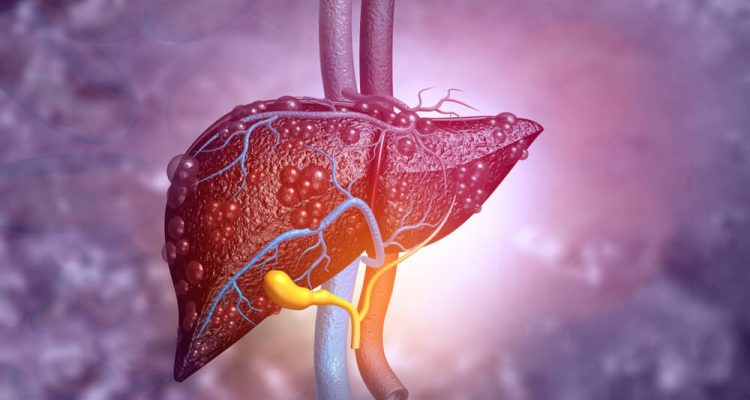
Liver – one of the most important organs responsible for cleansing the blood, participating in digestion, fighting infections and other key processes.
This was reported by URA-Inform with reference to Apteka.
Under normal conditions, its cells have the ability to self-repair, but long-term and serious damage can lead to irreversible changes. That is why it is important to detect liver diseases in the early stages, when effective drug treatment is still possible.
Signs of liver problems
- Jaundice
A buildup of bilirubin in the blood due to liver dysfunction causes the skin and whites of the eyes to turn yellow. This symptom can be caused by hepatitis, cancer, excessive alcohol consumption, exposure to toxins, or infections. - Changes in urine and stool
Jaundice also affects the color of the discharge: urine becomes darker and stool becomes paler. - Itchy skin
According to the Mayo Clinic, liver disease is one of the leading causes of itching. In addition, itching can be caused by kidney failure, thyroid disease, or cancer. - Easy Bruising and Bleeding
A damaged liver stops producing enough proteins needed for blood clotting. This leads to increased bleeding and easy bruising. - Swelling
Impaired liver function causes fluid retention, especially in the legs and abdomen. - Asymptomatic
About half of people with liver disease have no obvious symptoms. Non-specific signs such as fatigue and drowsiness often go unnoticed.
If liver disease is left untreated, damage to the liver can become more severe. The American Liver Foundation warns that when blood flow to the liver is impaired, toxins begin to accumulate throughout the body, including the brain. This can lead to the development of cognitive impairment and other serious complications.
Recall that earlier it was reported how not to miss a “silent heart attack”: what to pay attention to.

